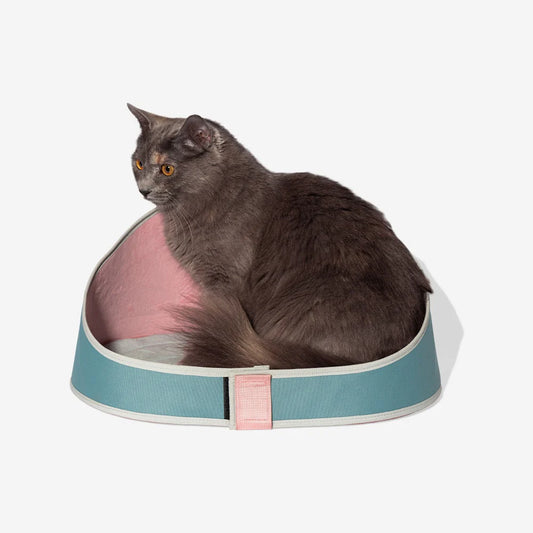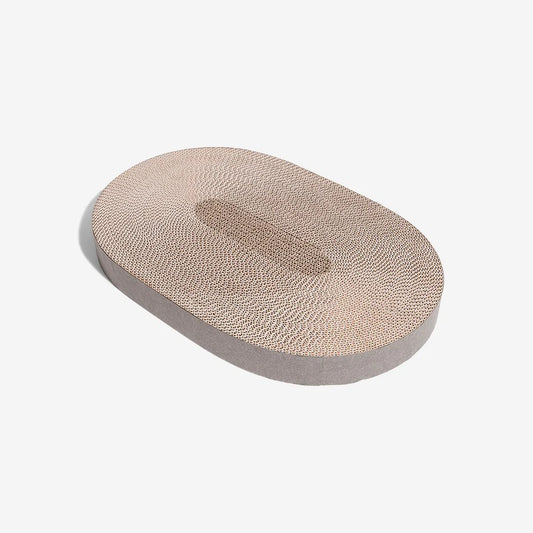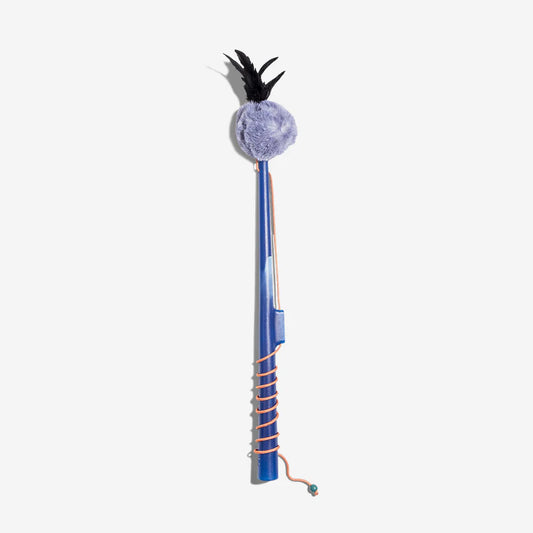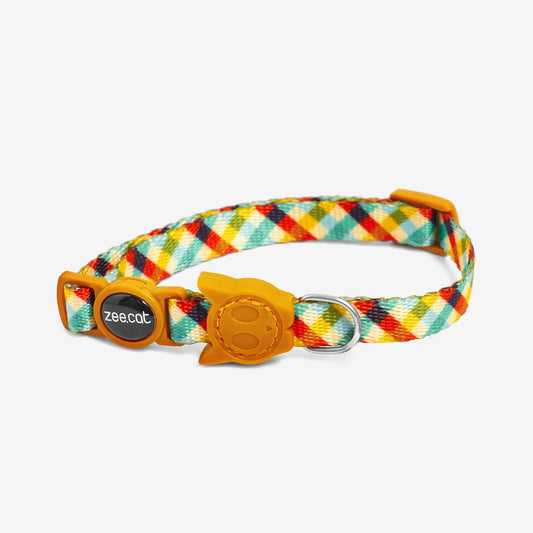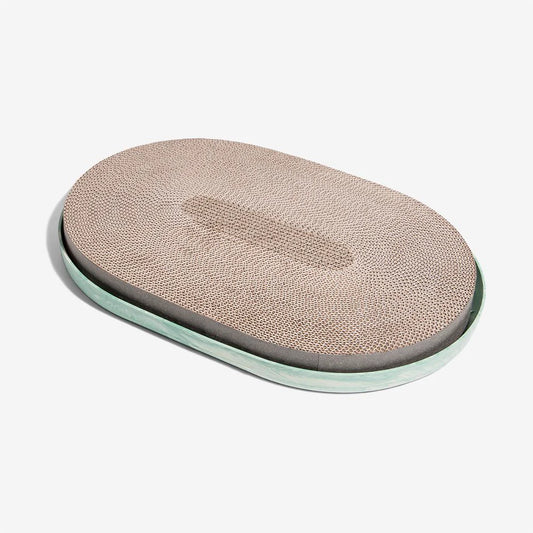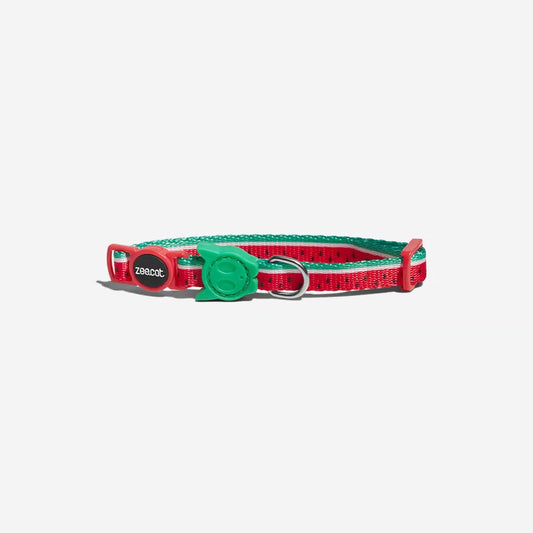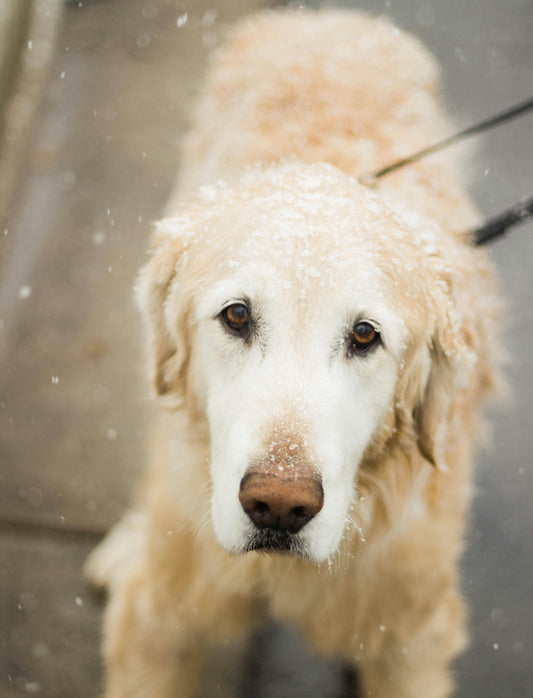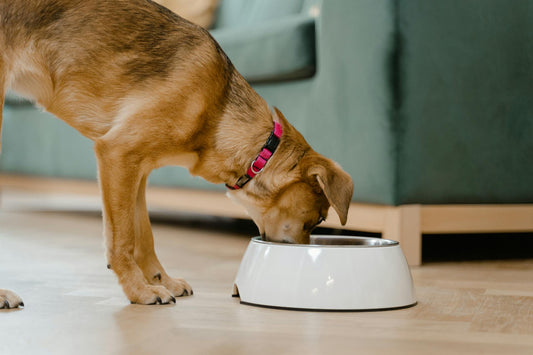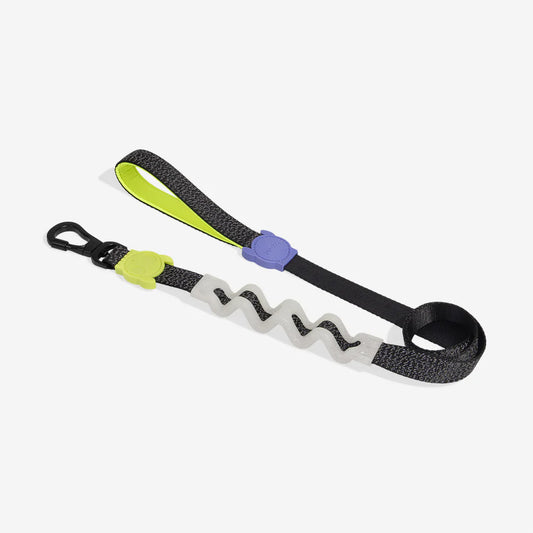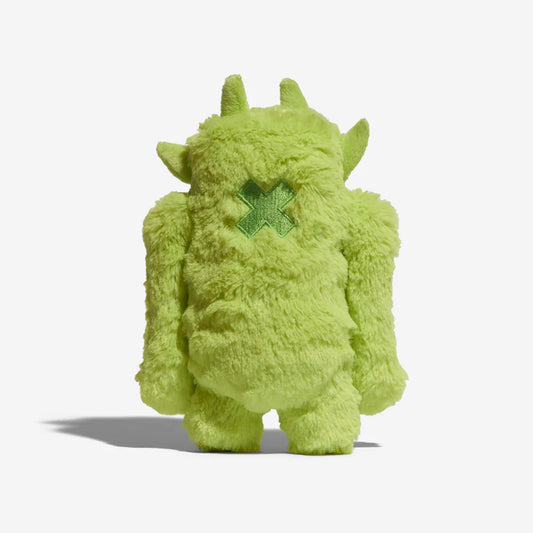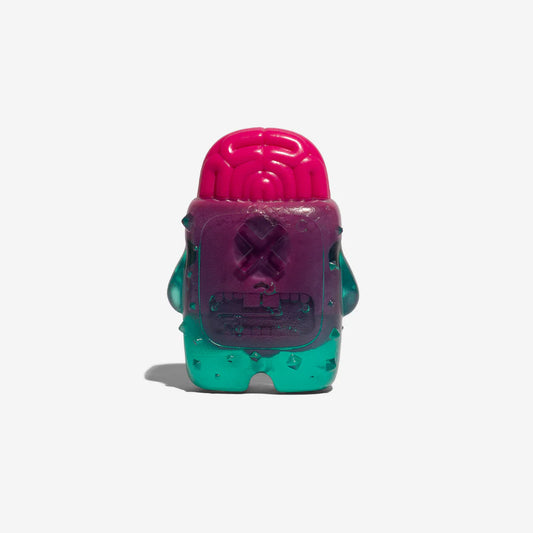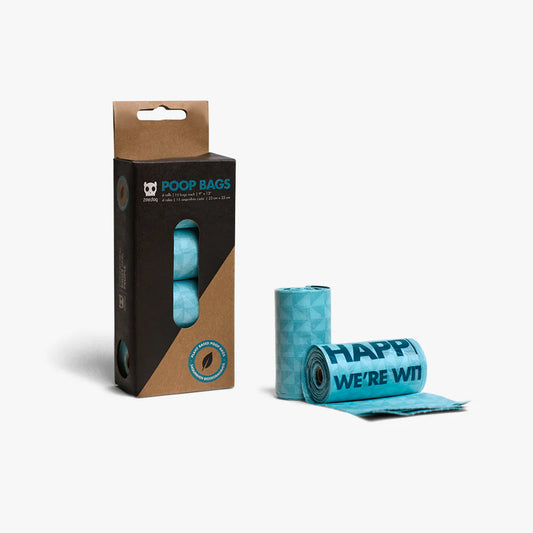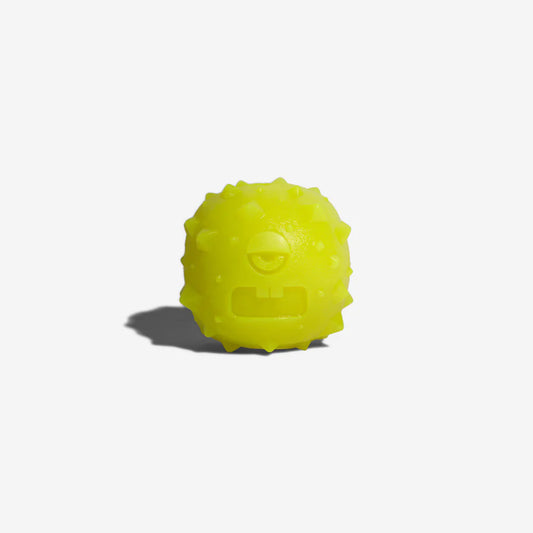Bringing home a new puppy is an exciting and rewarding experience for pet owners. However, it can also be a challenging and overwhelming process, especially for first-time owners. It is important to be well-prepared and knowledgeable about the responsibilities that come with owning a puppy.
Before bringing a new puppy home, it is important to consider the breed, size, and temperament of the dog. Some breeds require more exercise and attention than others, while some may not be suitable for families with young children. It is also important to puppy-proof the home, removing any potential hazards and providing a safe and comfortable space for the puppy to rest and play. Additionally, new owners should be prepared to invest time and resources into training, socializing, and providing proper nutrition and healthcare for their new furry friend.
Preparing Your Home
Before bringing home a new puppy, it's important to prepare your home to ensure their safety and comfort. This section will cover the essential steps to take in order to create a welcoming environment for your new furry friend.
Choosing the Right Supplies
It's important to have the necessary supplies on hand before bringing home a new puppy. This includes food and water bowls, a collar and leash, a crate or bed, and toys. When choosing these supplies, make sure they are appropriate for your puppy's size and breed.
Investing in high-quality food and treats is also important for your puppy's health. Consult with your veterinarian to determine the best diet for your puppy.
Creating a Safe Space
Creating a safe space for your new puppy is crucial. This can be a crate, a designated room, or a gated area. Make sure the space is free of any potential hazards, such as electrical cords or toxic plants.
Puppy-proofing your home is also important. This includes securing cabinets and trash cans, removing any small objects that could be swallowed, and keeping cleaning supplies out of reach.
Establishing a Routine
Establishing a routine is key to helping your puppy adjust to their new home. This includes setting a schedule for feeding, potty breaks, and playtime.
Consistency is important when establishing a routine. Make sure everyone in the household is on the same page and follows the same schedule. This will help your puppy feel secure and comfortable in their new home.
By following these steps, you can create a safe and welcoming environment for your new puppy.
Caring for Your New Puppy
Nutrition and Feeding
Proper nutrition is essential for the growth and development of your new puppy. It is recommended to feed your puppy a high-quality, age-appropriate dog food that meets their nutritional needs. Puppies require more frequent feedings than adult dogs, typically three to four times a day. It is important to monitor their weight and adjust their feeding schedule accordingly. Water should always be available to your puppy.
Health and Vaccinations
Regular visits to the veterinarian are crucial for your puppy's health. Vaccinations are important to protect your puppy from diseases such as parvovirus, distemper, and rabies. Your veterinarian may also recommend preventative treatments for fleas, ticks, and heartworm. It is important to keep your puppy's vaccinations and treatments up to date to ensure their health and well-being.
Training and Socialization
Training and socialization are essential for your puppy's development. Basic obedience training, such as sit, stay, and come, can help establish a strong bond between you and your puppy. Socialization with other dogs and people can also help your puppy develop good behavior and reduce anxiety. It is important to start training and socialization early in your puppy's life.
Grooming and Hygiene
Regular grooming and hygiene can help keep your puppy healthy and comfortable. Brushing your puppy's coat can help prevent matting and shedding. Bathing your puppy as needed can help keep their coat clean and healthy. It is also important to regularly clean your puppy's ears, trim their nails, and brush their teeth to prevent dental problems.


